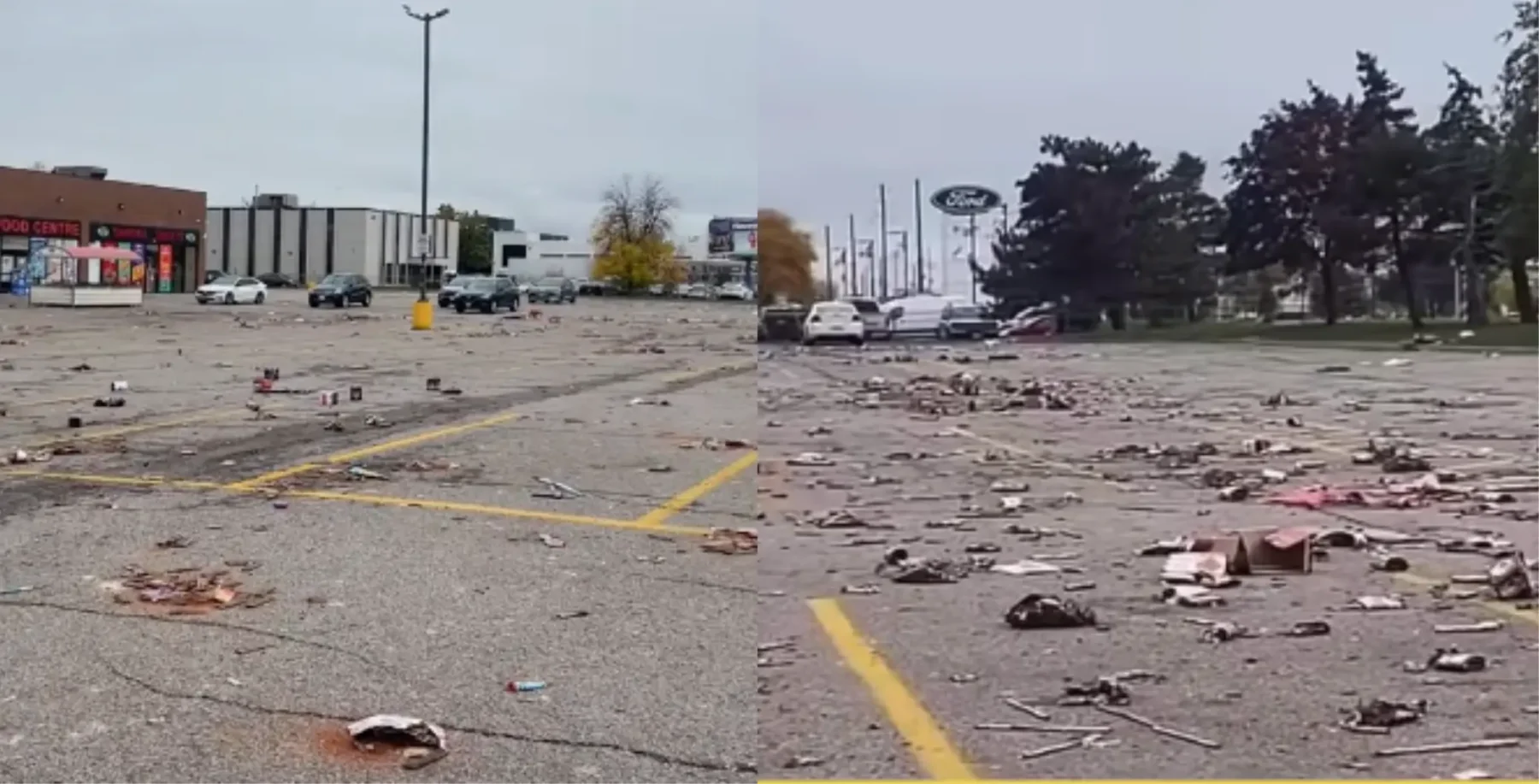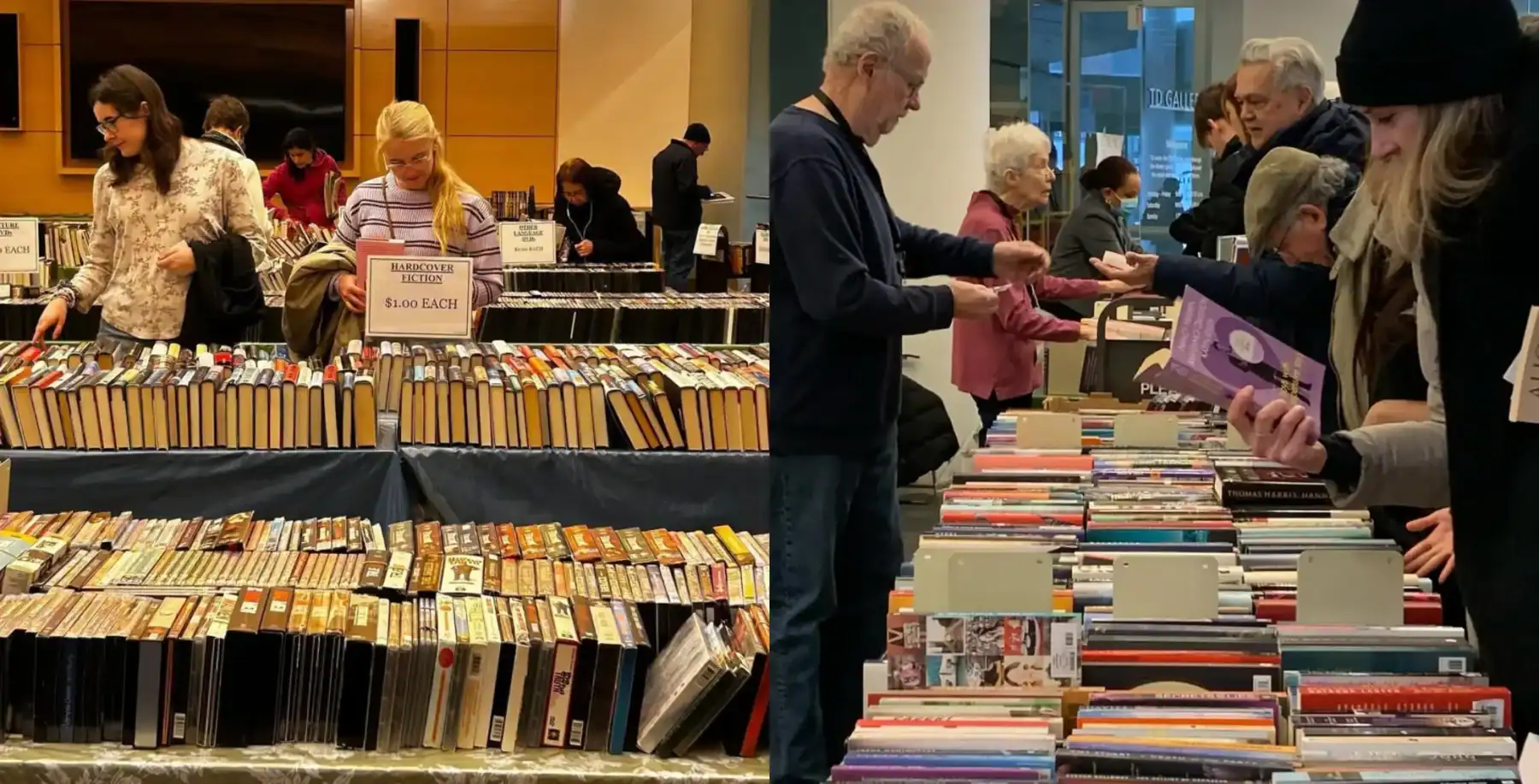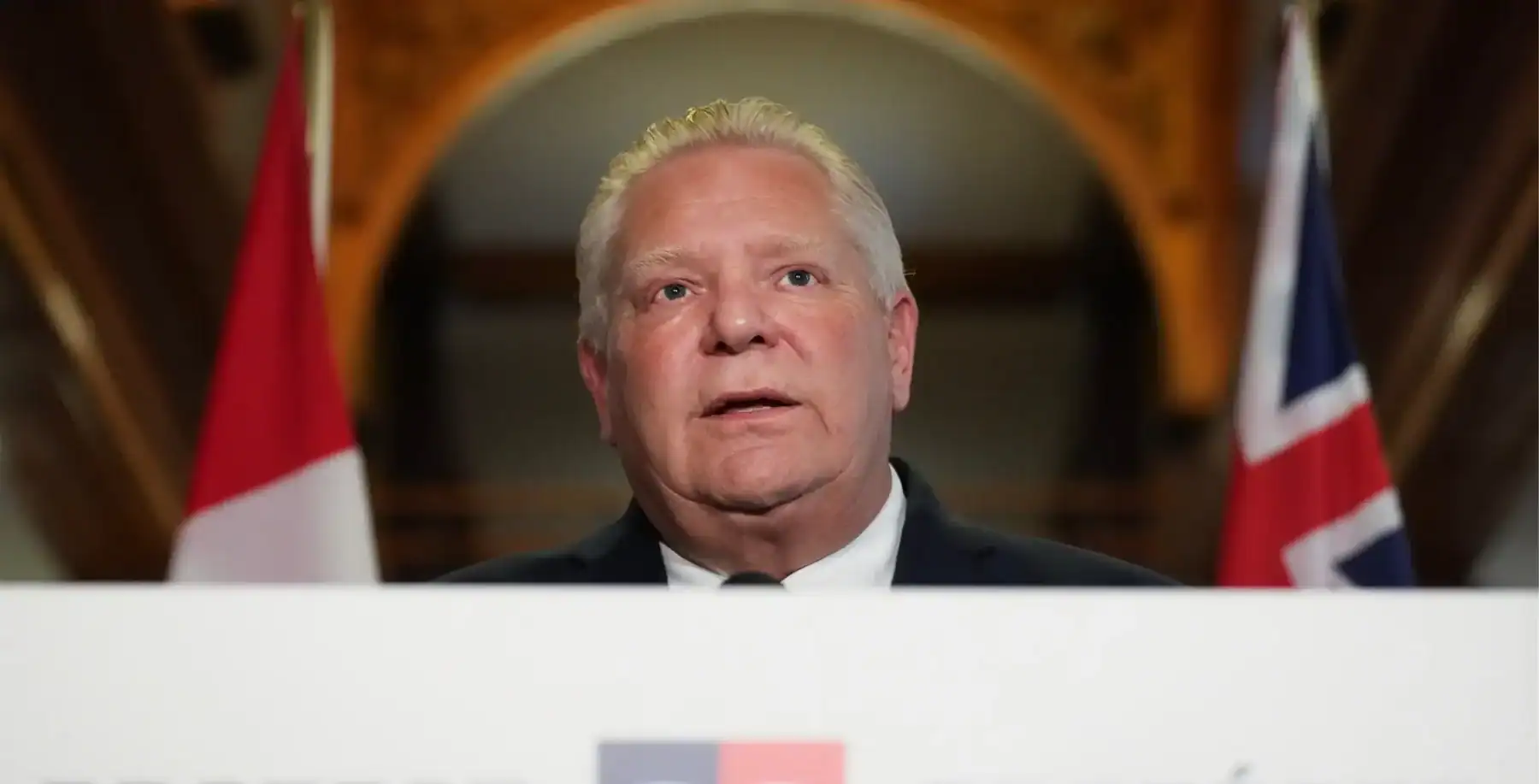
The Toronto real estate market may finally cool following month-after-month of unseasonably frantic behaviour.
The average Toronto house price broke records in June and just kept climbing despite the COVID-19 pandemic, reaching $1,025,925 in October.
But daily COVID-19 cases in Ontario have hit record highs as well. On Saturday, the provincial government announced 1,581 new cases and the pandemic is expected to worsen.
“We are continuing to urge our members across Ontario to stop hosting open houses,” says Ontario Real Estate Association CEO Tim Hudak. “Limit face-to-face interactions as much as possible and use virtual tools first and to the greatest extent possible.”
If the trends continue, Ontario’s red zones could eventually face a lockdown similar to March, which brought the hot real estate market to a standstill.
But Toronto area realtors Meray Mansour and Odeen Eccleston, from Re/Max Hallmark Realty and WE Realty, respectively, don’t think real estate sales will come to a screeching halt. Rather, buying and selling will only pause.
“In the spring, because it was so new to us, we hadn’t built up that tolerance yet,” says Mansour.
“There was so much uncertainty, people were just paralyzed with fear,” adds Eccleston.
Both realtors feel most people will continue to conduct business as usual during the second wave, but perhaps a little more carefully. After we speak on the phone, Mansour is going to visit properties to give her client, who will stay at home, a live tour using Zoom.
“Now we’re kind of used to it,” says Mansour. “Like ‘OK, here we go again.’”
An unstable Toronto real estate market
Both Mansour and Eccleston also feel that now is a good time to start looking for real estate deals. Toronto prices continued to rise through October despite the pandemic, which is an indication of the demand. But after months and months of hustling between realtors, buyers and sellers, they say exhaustion is setting in.
“People are getting what I might call a little bit of Toronto real estate fatigue,” says Eccleston, explaining that it’s a good time for buyers to get a deal from sellers who want to offload remaining listings.
“People kind of start to fall asleep this time of year. I say don’t give up now because competition is going to be a little bit less fierce in November and December.”
It helps that November and December is typically a time where people take their minds off real estate and figure out the holidays. Mansour adds that despite the high prices, the market is unstable, which leaves room to find details.
“There’s been weeks where supply has been really high and then it’s gone,” says Mansour. She adds that the market has recently been in a state where it’s no longer just following sustained trends but almost reacting emotionally.
For example, Mansour observed that the Toronto real estate activity received a boost after Joe Biden was announced the projected winner of the U.S. presidential election.
“Literally, the next day after they announced the winner, everything picked up. My showings picked up. My offers picked up. I sold everything.”
Mansour believes the election results made people feel a little more secure in their stocks and finances, which are tied to the U.S. economy.
Eccleston adds that the weather was also nice, which generally correlates to strong real estate activity. But both agree that moods and emotions have a heavy impact on real estate activity.
People’s emotions – and the real estate market – have been on a rollercoaster ride in 2020.
Realtors are the new therapists
“It’s more difficult to put deals together because of the collective anxiety,” explains Mansour, who says she’s working 10 times harder because pandemic fatigue is taking its toll on transactions.
The pandemic not only added new health and safety measures and obstacles, but new stresses for clients who are in some cases making life-changing decisions in response to the pandemic and financial crisis.
Are they going to have a job? Do they want to leave the city and look for more space? Or will this pandemic be over after a vaccine arrives, meaning should they should stick it out? Do they buy first or sell first?
These are all questions clients usually know the answer to ahead of time, says Mansour. But not in a COVID-19 world.
“There are announcements every week from the government telling us numbers are up, numbers are down, we’re locking down, we’re opening up,” says Mansour, adding the emotional toll COVID-19 is taking on people affects real estate decisions.
Nowadays, realtors feel more like therapists.
“The levels of anxiety are high. People are drinking a lot more. We don’t have the normal things that we do every day, like going to the gym or being with friends and family. There’s a lot more isolation. All that stuff affects us psychologically. And most people are not even aware of that. It’s kind of like this underlying factor.
“Sometimes when people are anxious, they make bad decisions,” she adds. “I’ve had to really put on my therapist hat and be like, ‘OK, is this something you really need to do or is this something you’re doing because of your anxiety?’”
By signing up, I agree to receive emails from Now Toronto and to the Privacy Policy and Terms & Conditions.












